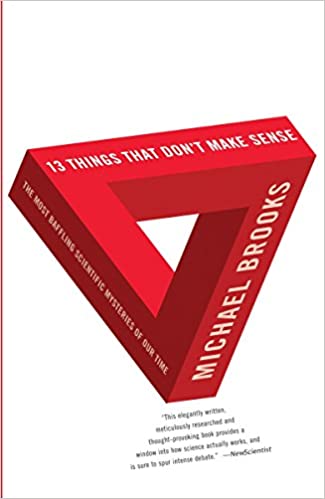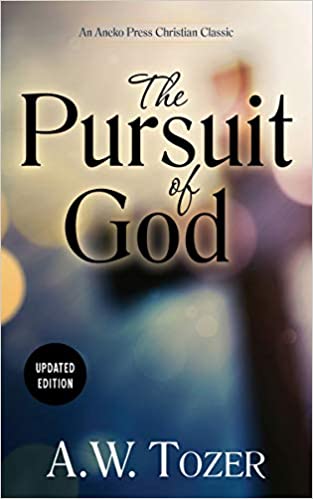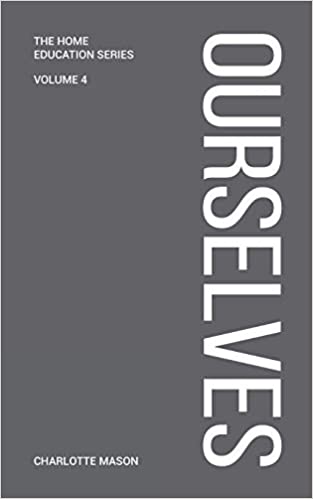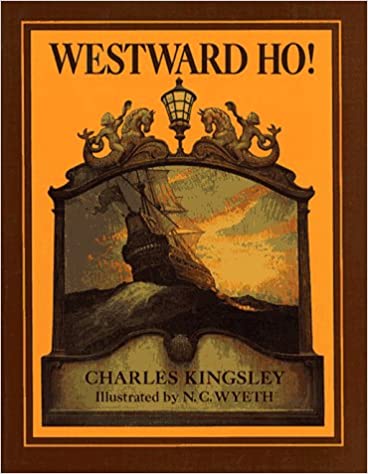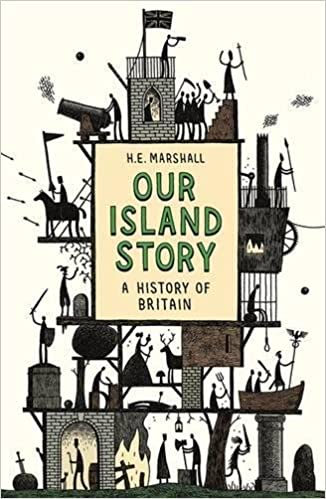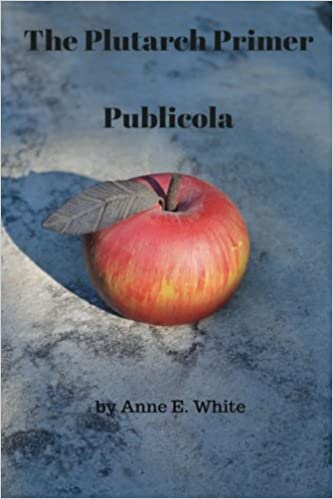13 Things That Don’t Make Sense
Spanning disciplines from biology to cosmology, chemistry to psychology to physics, Michael Brooks thrillingly captures the excitement of scientific discovery.Science’s best-kept secret is this: even today, thereare experimental results that the most brilliant scientists cannot explain. In the past, similar “anomalies” have revolutionized our world. If history is any precedent, we should look to today’s inexplicable results to forecast the future of science. Michael Brooks heads to the scientific frontier to confront thirteen modern-day anomalies and what they might reveal about tomorrow’s breakthroughs.
More info →The Pursuit of God
To have found God and still to pursue Him is a paradox of love, scorned indeed by the too-easily-satisfied religious person, but justified in happy experience by the children of the burning heart. Saint Bernard of Clairvaux stated this holy paradox in a musical four-line poem that will be instantly understood by every worshipping soul:
We taste Thee, O Thou Living Bread,
And long to feast upon Thee still:
We drink of Thee, the Fountainhead
And thirst our souls from Thee to fill.
Come near to the holy men and women of the past and you will soon feel the heat of their desire after God. Let A. W. Tozer's pursuit of God spur you also into a genuine hunger and thirst to truly know God.
More info →Charlotte Mason’s Ourselves (Book 4 of the Home Education Series)
Ourselves, the fourth volume of Charlotte Mason's Classic Homeschooling Series, is a character curriculum book written directly to children. Book I, Self-Knowledge, is for elementary school students; Book II, Self-Direction, is for older students. Self-Knowledge discusses our human desires and appetites; the "helpers" in our minds, such as intellect, sense of beauty, imagination, and reason; the ways in which we feel and express love for others, including sympathy, kindness, generosity, gratitude, courage, loyalty, and humilty; and truth, justice, and integrity; and ends by encourages children to develop the habit of being useful. Self-Direction is an in-depth discussion of the conscience and virtues such as temperance, chastity, fortitude, and prudence; the will and self-control; and the soul and its capacities, such as prayer, thanksgiving, faith, and praise. Charlotte Mason was a late nineteenth-century British educator whose ideas were far ahead of her time. She believed that children are born persons worthy of respect, rather than blank slates, and that it was better to feed their growing minds with living literature and vital ideas and knowledge, rather than dry facts and knowledge filtered and pre-digested by the teacher. Her method of education, still used by some private schools and many homeschooling families, is gentle and flexible, especially with younger children, and includes first-hand exposure to great and noble ideas through books in each school subject, conveying wonder and arousing curiosity, and through reflection upon great art, music, and poetry; nature observation as the primary means of early science teaching; use of manipulatives and real-life application to understand mathematical concepts and learning to reason, rather than rote memorization and working endless sums; and an emphasis on character and on cultivating and maintaining good personal habits.
More info →Westward Ho!
The magnificent paintings of N. C. Wyeth complement an action-packed saga of romance and seafaring adventure set against the dramatic backdrop of Elizabethan England, the battle of the Spanish Armada, and the exploration of North America.
More info →Our Island Story
Some of today’s greatest historians, including Antonia Fraser, found lifelong inspiration in H. E. Marshall’s classic. First published in 1905, it combines truth and legend to create a lively narrative history of England from the Roman era until Queen Victoria’s death. And this new illustrated edition, featuring vivid color art, is attractive and appealing. Every tale will capture the imagination of children and adults alike, including the myth of Albion and Brutus, in which the Roman gods first see the scept’rd isle; the founding of King Arthur’s Round Table; the Battle of Hastings, and the story of Bonnie Prince Charlie.
More info →A History of the English Speaking Peoples (4 Volume Set)
Here is one of the great books of our age, Winston Churchill's most ambitious work and the crowning achievement of his career. his theme is a noble one, worth of the great purpose and imaginative scope of its author. He tells of the struggles and setbacks of the great men and the little men who carried the banner forward and the selfish men who dragged it back. This is naturally a British history, but it is also very much an American, Canadian, New Zealand, Australian, Indian, South African history, the greatest story of our centuries told by the master storyteller of our time.
More info →The Plutarch Primer: Publicola
Publicola, one of the first consuls of the Roman Republic, was “the most eminent amongst the Romans” and “the fountain of their honour.” The Plutarch Primer includes vocabulary, discussion questions, and other aids for students and parents/teachers, plus edited text for Plutarch's Life of Publicola. It is designed especially for those who are new to the study of Plutarch.
More info →
